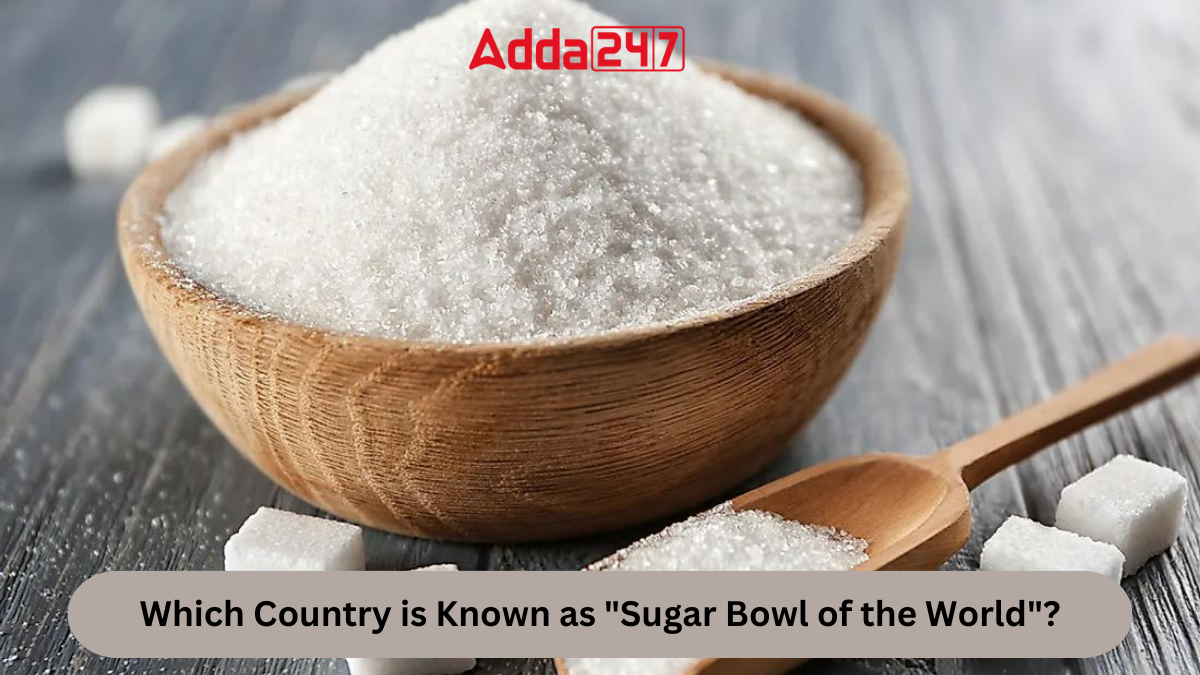When it comes to sugar production on a global scale, one country stands out above the rest, earning itself the prestigious title of the “Sugar Bowl of the World.” Cuba, officially known as the Republic of Cuba, has long been synonymous with sugar production, boasting a rich history, dominant export position, and advanced infrastructure in the industry.
Which Country is Known as “Sugar Bowl of the World”?
Cuba, officially the Republic of Cuba, is revered as the “Sugar Bowl of the World” due to its historical legacy, dominant export status, and advanced sugar production infrastructure. With optimal growing conditions and efficient processing facilities, Cuba consistently ranks among the largest exporters of sugar globally. This recognition underscores its pivotal role in meeting international sugar demands and shaping the dynamics of the global market.
Understanding the Term “Sugar Bowl of the World”
The term “Sugar Bowl of the World” refers to a country or region recognized for its paramount role in global sugar production and trade. This designation acknowledges the significant contribution of the specified area to meeting worldwide sugar demand. It typically signifies a combination of abundant sugarcane cultivation, advanced production infrastructure, and substantial export capabilities.
Why is Cuba Known as “Sugar Bowl of the World”?
Here are the few reasons for which Cuba earned the title of “Sugar Bowl of the World”:
- Cuba is dubbed the “Sugar Bowl of the World” due to its dominant role in global sugar production.
- It historically relies on sugar as a primary economic driver.
- Cuba is renowned as the largest exporter of sugar worldwide.
- The country’s extensive infrastructure supports massive-scale sugar production.




 Which Country is known as the Land of Mo...
Which Country is known as the Land of Mo...
 Which Languages is known as the Mother o...
Which Languages is known as the Mother o...
 Which Country is known as the Highest Pr...
Which Country is known as the Highest Pr...








